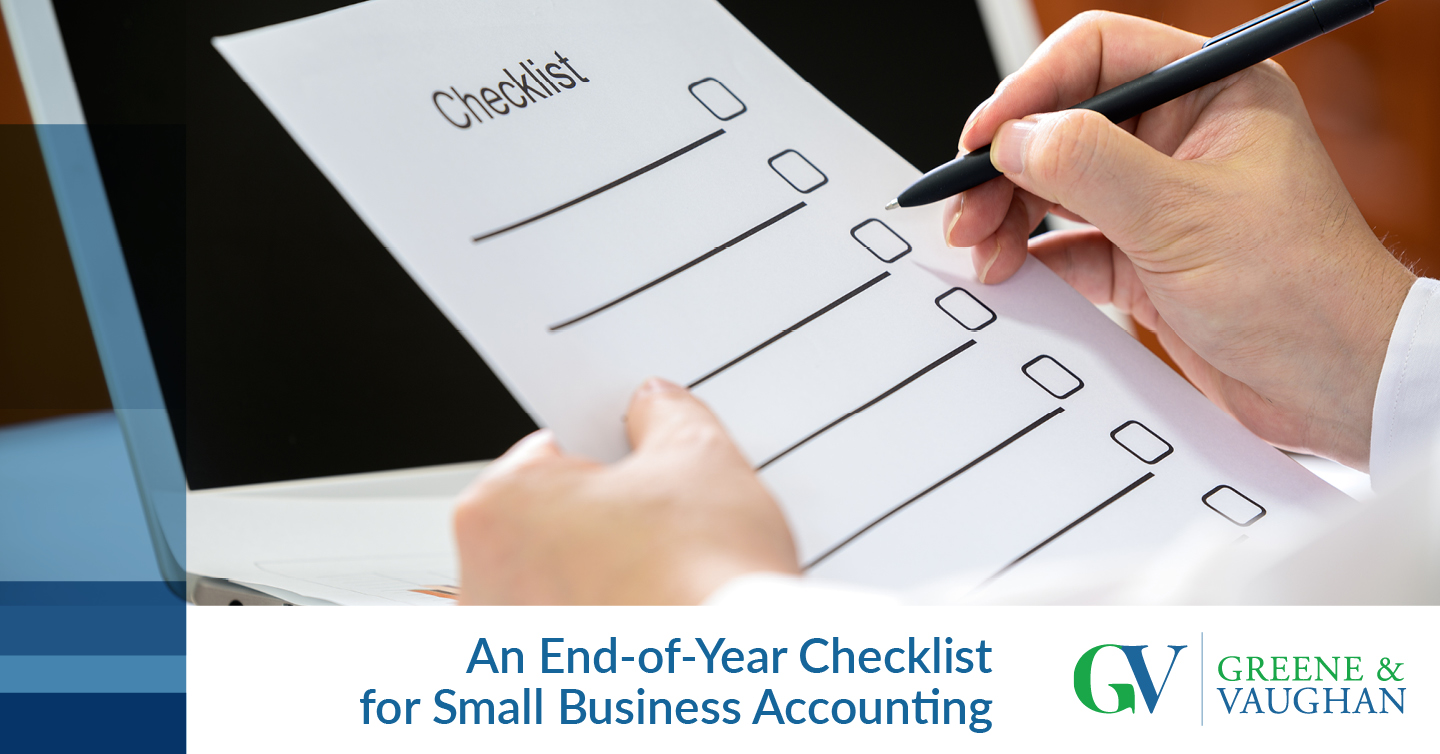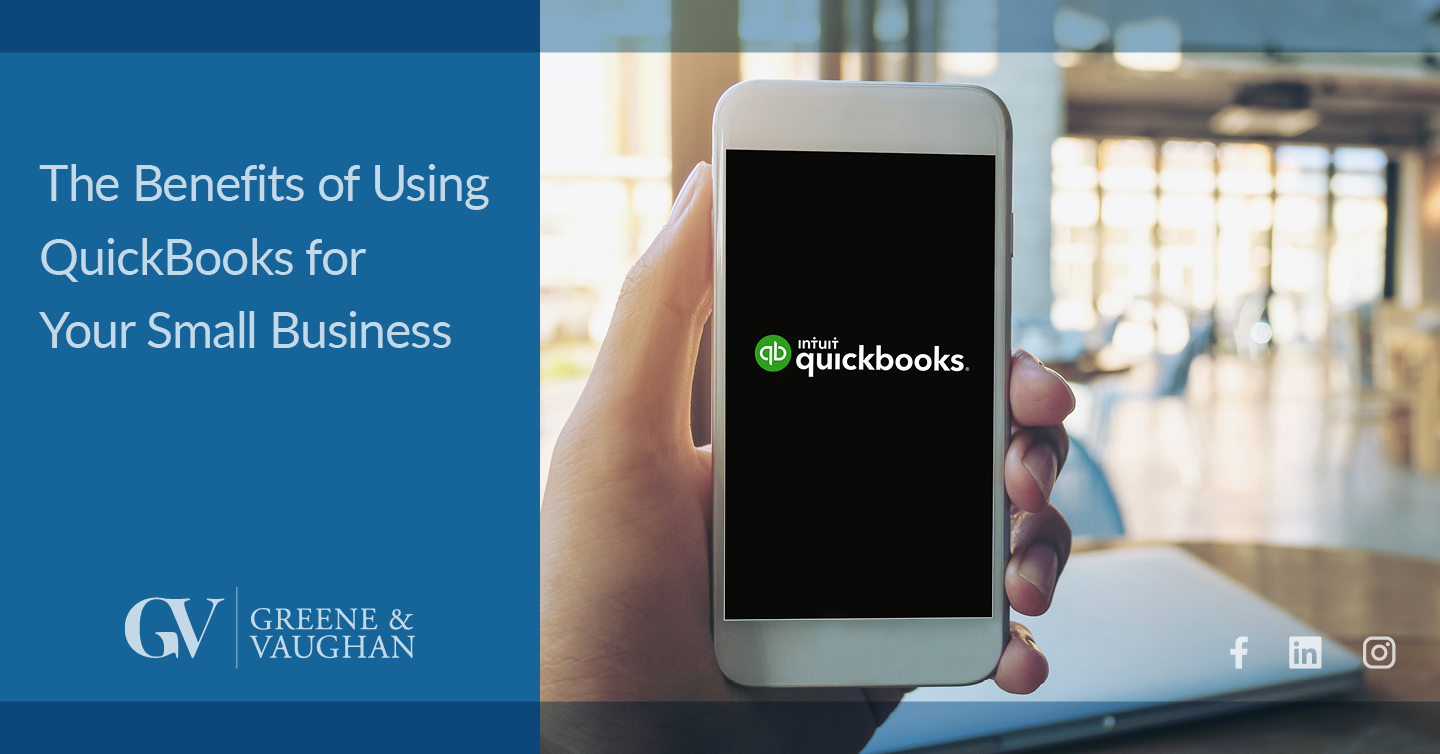6 Tips for Learning How to Use QuickBooks
As the end of January approaches, are you realizing that accounting software like QuickBooks could be useful in reaching your 2024 business goals? Luckily, we are here to help by sharing these six tips for learning how to use QuickBooks with ease!
Have a basic understanding of accounting principles.
First of all, learning QuickBooks will be easier if you have a basic grasp of accounting. That doesn’t mean you need to become an expert, but understanding the guidelines for reporting financial data is key to having accurate numbers and making informed financial decisions.
Note your daily objectives.
If you are tackling QuickBooks on your own, try breaking up your daily objectives to help structure your learning plan. For example, day one could include going through initial QuickBooks tutorials to get started and browsing through the program to become familiar with it.
On day two, objectives might include entering basic information, getting organized and possibly setting up a few accounts. From there, you can start learning more about inputting employee information, customer information, invoicing and so on.
Explore QuickBooks tutorials and videos.
Next on the list of tips for learning how to use QuickBooks is a no-brainer! Take advantage of the plethora of information created by QuickBooks to help beginners like you.
Their resources include tutorials, webinars and videos to make learning easy and self-paced.
Learn handy QuickBooks keyboard shortcuts.
The software also uses a variety of convenient QuickBooks keyboard shortcuts to make some common actions even quicker. For instance, Ctrl + A pops up the Chart of Accounts window. Ctrl + C copies your selection to the clipboard, and Ctrl + I takes you to an invoice.
Watch YouTube videos.
Try learning QuickBooks through a variety of approaches, including watching YouTube videos made by QuickBooks pros.
Work with us for one-on-one training.
Finally, when it comes to tips for learning how to use QuickBooks, work with a professional for personalized, one-on-one instruction. Did you know we are your local QuickBooks professionals in Charlotte?
As a proud member of the QuickBooks ProAdvisor Program, we can ensure you set up QuickBooks for your business correctly from the beginning. Plus, we can help you manage and apply it moving forward.
Summary
In summary, find out more about the benefits of using QuickBooks for your small business. Then connect with us to get started. Are you looking for additional accounting information, from tax tips to deciding what business entity is right for you? Keep reading our blogs and discover all that and more!









